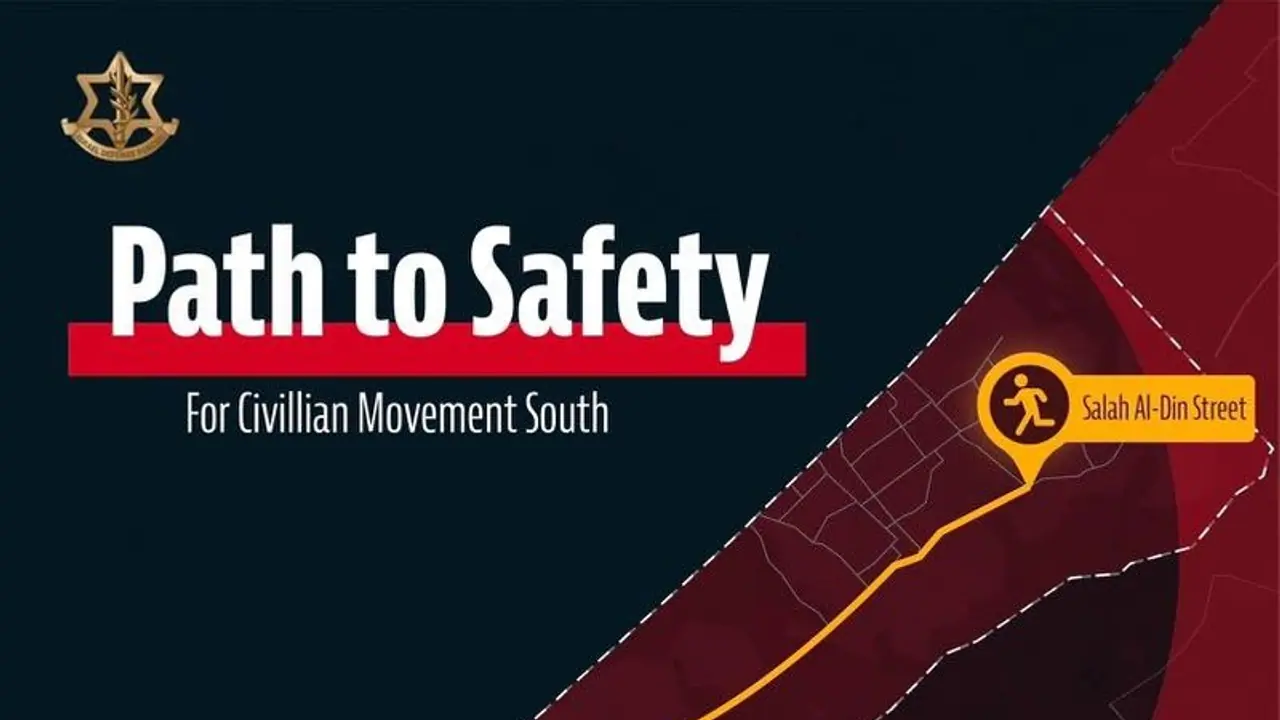In a poignant phone conversation, a Gaza resident recounts the challenges of evacuating amid Hamas obstacles, shedding light on the complexities faced by civilians during the ongoing conflict in Gaza.
In a compelling phone conversation, a Gaza resident trying to evacuate to the safer southern areas during the ongoing war between Israel and Hamas terrorist group spoke with an Israel Defence Forces (IDF) Intelligence Officer. The conversation, shared by the IDF on X, formerly Twitter, sheds light on the difficulties faced by civilians in Gaza as they attempt to move to more secure locations.

The exchange captures the following key moments:
Gazan: "They are preventing people from leaving."
IDF Officer: "Tell me where exactly it is that they stopped you."
Gazan: "Those who are here near the agency."
Gazan: "They are taking the ID card and the car keys."
IDF Officer: "You mean the movement? Hamas?"
IDF Officer: "Who is stopping you? Hamas?"
Gazan: "Yes, Yes."
This dialogue vividly illustrates the challenges and obstacles faced by Gaza residents who are attempting to flee areas affected by the conflict. The presence of Hamas terrorists in the region has resulted in not only a dire security situation but also significant limitations on the freedom of movement for local civilians.
The Gaza resident's account paints a concerning picture of how, in their effort to escape potential harm, they are being obstructed by Hamas. The confiscation of identification cards and car keys only exacerbates the difficulties faced by those attempting to relocate to safer zones.
Earlier today, the IDF urged residents of Gaza City and northern Gaza to relocate to the 'safer' southern part of the region, a move that affects a significant population.
It is important to recognize that the civilian population in Gaza is caught in the crossfire between militant groups like Hamas and the Israeli military. The IDF's concern for the safety of civilians, as demonstrated by the conversation, is evident, as they inquire about the specific locations where obstacles are encountered.
As the conflict in Gaza unfolds, it is crucial to remember that it is the local population that bears the brunt of the turmoil, facing challenges that extend beyond mere physical safety. The civilian voice in this conversation serves as a reminder of the human toll of such conflicts and the importance of ensuring the protection and well-being of all individuals affected by the ongoing crisis.
